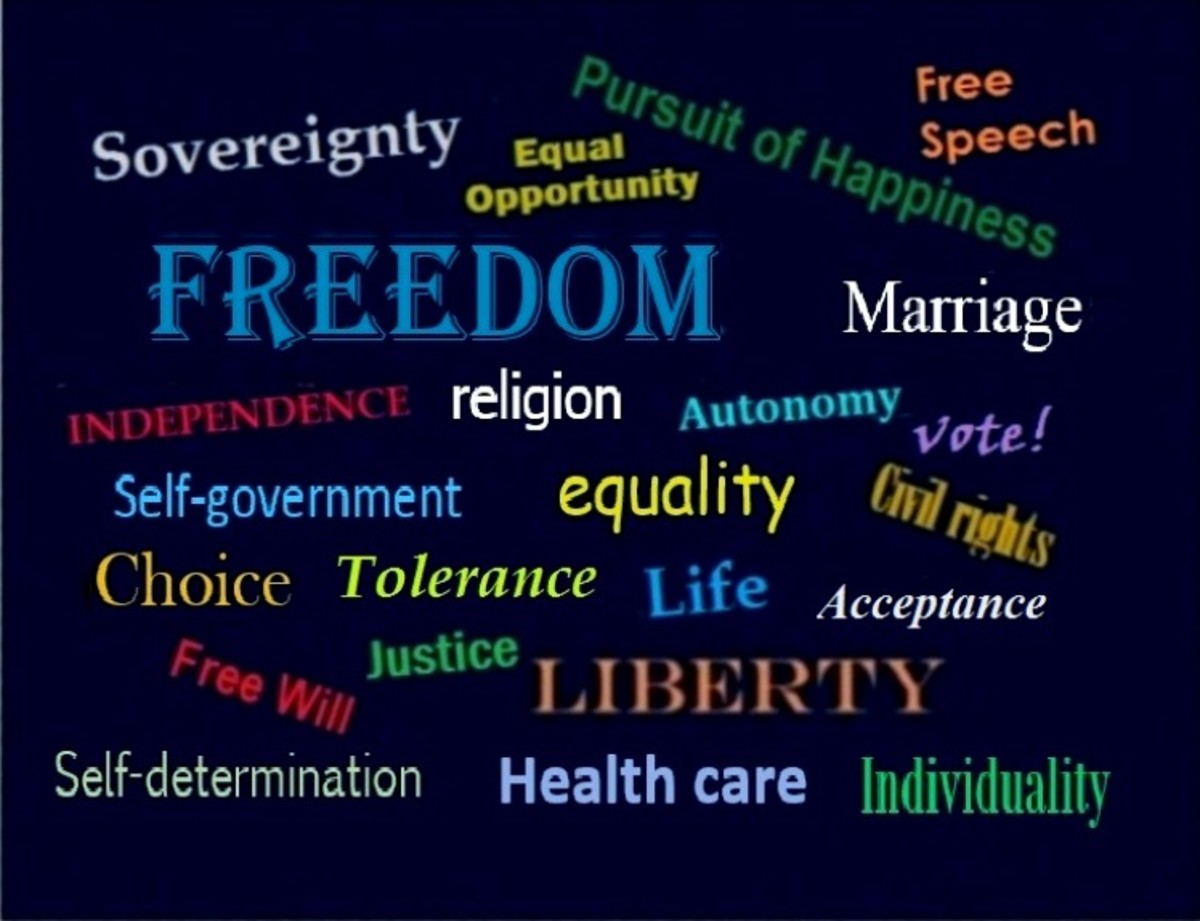The control culture in Congress
Our federal government and perhaps state governments has structures which put too much power in individuals who head committees associated with various issues and oversight responsibilities. In addition committees are responsible to consider legislative proposals assigned to them. There is a question about the functional policies in place.
It is understood at least at the federal level that hundreds and perhaps thousands of proposals are assigned to committees which must evaluate those which have merit to go forward to a full legislative body such as the House of Representatives or the Senate. Granted there needs to be someone in charge and it makes no difference which party controls a committee chairmanship for the issues are the same regardless of party affiliation.
Like the leaders of the House and Senate the power granted to committee chairs needs to be examined. From reports it is the committee chairs who decide what legislation goes forward not the committee in general. While the political makeup of any committee sometimes has more members of one party than another the evaluation and forwarding of legislation should be a bi-partisan decision not a committee chairman.
The structure in Congress and the rules in place can be changed according to our Constitution but in some cases requirements are clearly defined. One thing which must be recognized is that not all legislation assigned to a committee qualifies to go forward to a full house or senate floor. The evaluation of legislation in a committee and for that matter a full legislative body should be based on the quality of the approach to solve the issued being addressed. This should be regardless of whether the political viewpoint agrees with one party or another. In addition the approach should be based on whether it is the right resolution which is best for the country not party policy.
Today there is too much partisan politics in Congress which is why the approval rating is so low. There needs to be more cooperation which requires a cultural change in the way Congress does business. This will take putting the right individuals in the positions to make the changes needed to change the culture in Congress. This is an election year and I feel there are going to be some surprises in races across the country and some have already taken place. The makeup of the next Congress may present an interesting change in the way Congress operates dependent upon who gets elected from either political party.
In addition to committee chairmen/chairwomen the leadership in each body of Congress may change and those elected to replace or keep the current leadership will impact the process of getting legislation evaluated and voted upon. Legislation in both bodies of Congress if passed and sent to the other should be allowed to be presented for a vote not put on the shelf and ignored. This is especially important if it addresses critical issues which are facing our country at this juncture in our history. It should not make any difference whether a political party is opposed to the approach revisions can be proposed to the other body to consider and finalize the content and approach.
The main point every elected individual in Congress should remember there is always some common ground principles. Both houses of Congress should work on what they agree on and finalize action and pass legislation and send it to the President for signature. Disagreements on specific requirements should be removed from legislation for further discussion and possibly added as an amendment in the future. The people’s business is what needs to be done not the political philosophy of one party or another.
Actions and legislation passed by Congress in the past are hurting our economy and Congress needs to take action to remove the negative impact. This should not be about scoring political points but making things right. Legislation and sometimes rules/regulations have unforeseen negative impacts and this is understandable to a point but when they surface action needs to be taken by both houses of Congress to correct the situation. Congress has the responsibility of monitoring rules and regulations being generated by the executive department and taking action to reverse the impact. One way which has been mentioned is through funding options The number of restrictive regulations and rules being generated are greater than at any time in our history.
In summary the current control culture in Congress by both political parties needs to change. No one individual whether it is a committee chair or the leader of the Senate or House of Representatives should have the power to prevent legislation from being voted upon in their respective chambers. Legislation should however be evaluated based on the quality of the content and the actions being proposed especially when it involves critical issues facing the country.



